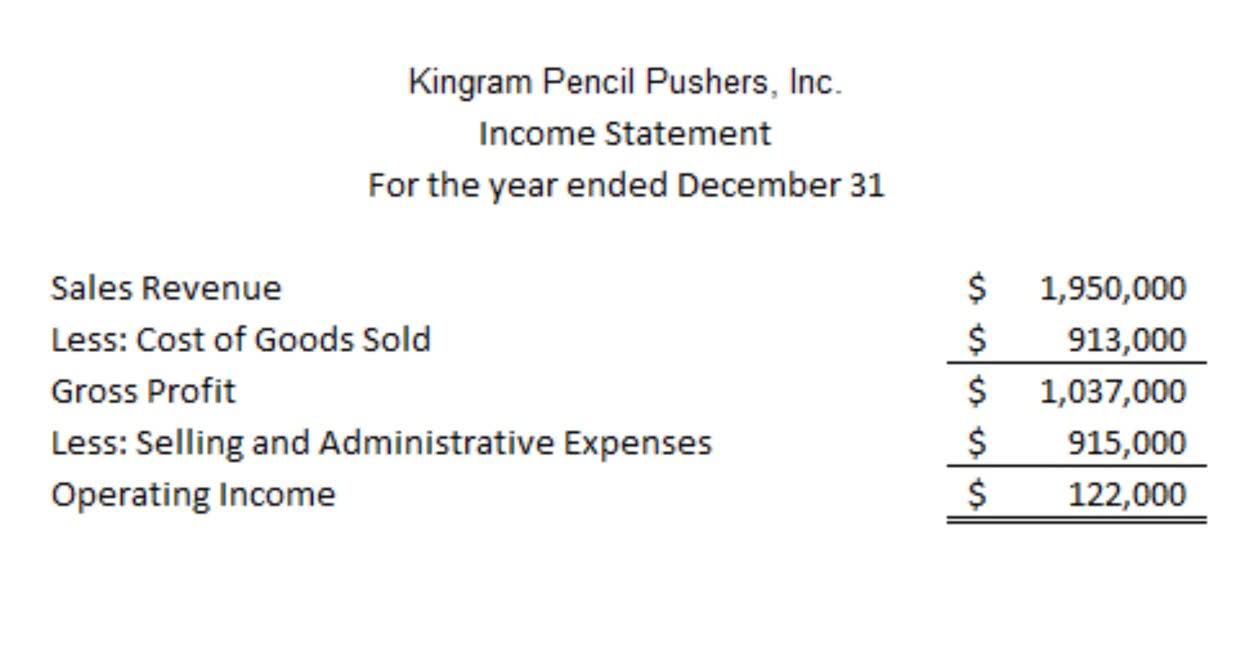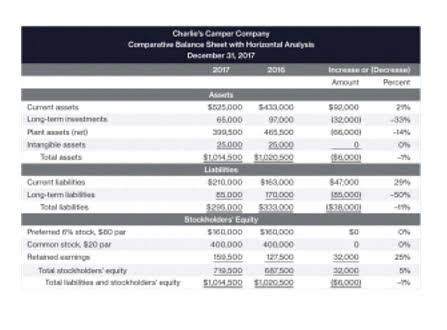What Is Bookkeeping? Duties, Pay, and How to Become a Bookkeeper

Make a habit of attaching receipts and invoices to transactions as they happen in your bookkeeping systems. Whether you have business accounting software or a digital filing system, keep everything in one place. The accountant will report to you (as the business owner) and any board members, explaining the state of the accounts so you have a clear picture of the business’s financial health. This allows the accountant to use their skills and knowledge to make business recommendations, report to the board and complete company tax returns. Sole traders have to submit Self Assessment tax returns so HMRC can collect income tax, while limited companies must file company tax returns and pay corporation tax on profits. Contrary to what you might expect, many small business owners hire a CPA before contracting a bookkeeper.
Daybooks
It’s a fundamental aspect of managing a business’s bookkeeping and payroll services financial affairs, laying the groundwork for accurate accounting. Accounting software offers more advanced features beyond simple recording. It not only tracks transactions but also provides tools for financial reporting, budgeting, and tax preparation. It may include inventory management, payroll, and multi-currency options. Bookkeepers enter data such as sales, purchases, receipts, and payments into ledgers or accounting software.
Skills and knowledge needed to keep the books
- As a notable example, bookkeepers are responsible for tracking your tax-deductible expenses.
- If you’re organized and enjoy working with numbers, a job as a bookkeeper could be a good fit.
- These transactions could include sales, purchases, payments, and receipts.
- Whether you run a small business or an enterprise, accounting plays a key role in financial management.
- Checking financial health means reviewing these statements to make sure the business has enough assets to pay its liabilities.
- The industry outlook for bookkeepers is evolving with technological innovations and software functionality.
It primarily involves documenting the details of your business transactions, such as receipts and expenses. However, accountants tend to focus on higher-level analysis, while bookkeepers handle the routine record-keeping. Accounting focuses on analyzing, summarizing, and interpreting financial data for businesses and organizations. Their job is to make sure every transaction is recorded clearly and accurately. The 20th century brought laws, rules, and standards to make accounting more accurate and trustworthy.
Save time with verified expertise for your books
- One of the most important tasks for a bookkeeper is making sure the company doesn’t run out of day-to-day money.
- Next, set aside a dedicated time either weekly or biweekly to review your bookkeeping, reconcile transactions and complete necessary data entry.
- Bookkeepers work within the field of finance and accounting, which encompasses many different job titles and career paths.
- Financial planning involves setting goals and making a path to reach them.
- Accounting uses the information from bookkeepers to analyze finances and produce reports.
- You don’t want to be in a situation where you have to pay more income tax than is normally required by the Internal Revenue Service (IRS).
Just as importantly, your business has a legal obligation to accurately record its financial accounts and file company reports to the tax office. By definition, bookkeeping means recording financial information about your business transactions. Understanding the difference between bookkeeping and accounting is essential to determining what kind of financial service provider would be most beneficial to your business. Many self-employed people outsource tasks that require too much time or expertise, but to hire the right professional, you must understand the difference between bookkeeping and accounting. The U.S. Bureau of Labor Statistics projects a 5% drop in employment for bookkeeping, accounting, and auditing clerks from 2023 to 2033.
The ledger provides a categorized record that shows the financial story of the company. Bookkeeping is a meticulous discipline that demands Cash Flow Management for Small Businesses attention to the details of a company’s financial interactions. It is the bedrock upon which businesses understand and manage their financial well-being. Two of the most common are single-entry bookkeeping and double-entry bookkeeping.

Benefits of having a bookkeeper
- Its real value lies in how it gives you control over your business and make quick decisions as a result.
- Tracking financial data can feel mundane, but bookkeeping is an essential part of running a stable business.
- Most companies use bookkeeping software wherein bookkeepers automatically input financial data into a database that generates financial records.
- Bookkeepers and accountants can both record financial transactions and work with the same financial data.
- Bookkeeping professionals have their own expertise based on the types of businesses and industries they serve.
- All financial decisions involve risk, and past performance does not guarantee future results.
Both are used by accountants to track results and report to owners or investors. Other options include Certified Management Accountant (CMA) and Certified Internal Auditor (CIA). Most accountant certifications require ongoing education to keep skills up to date. Bookkeeper certifications are generally optional, while certification for accountants, like a CPA, is often necessary for advanced roles. Employers often require accountants to hold at least a bachelor’s degree for most roles, especially if they want to become certified.

Interested in diving into the world of finance and accounting, where numbers meet strategy and decision-making? Explore our AAS in Accounting and see how you can become a part of this impactful profession, or click here to Request Information. Take your learning and productivity to the next level with our Premium Templates. Here’s an example of how you’d enter a transaction in the Intuit software.

Financial Statements and Reporting
Many businesses now use specialized programs for even the smallest tasks, which has changed how bookkeepers and accountants do their jobs. Typically, bookkeeping involves using journals and ledgers or software programs to manage financial data. Transactions are categorized and recorded promptly, Online Accounting helping businesses stay up-to-date and compliant with legal requirements. At its core, accounting is a money-management process that tracks and records expenses.

We help you organize and maintain accurate financial records for your business, ensuring seamless tracking of income, expenses, and transactions. Accountants use bookkeeping records to create reports and analyze trends, helping leaders make informed decisions. They turn raw data into insights for financial planning, tax compliance, and business growth. Accountants use all the financial data recorded by bookkeepers to create financial statements. A bookkeeper’s main job is to enter all this information accurately into ledgers or bookkeeping software.